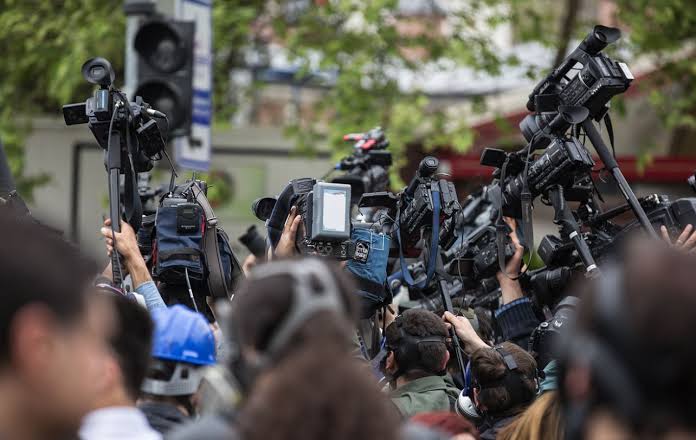NAIROBI, Kenya, Jun, 20 – Fact-checking remains a key professional responsibility of journalists involved in reporting of the 2022 General Election in Kenya. Players in the media sector have invested seriously in the endeavor, for unchecked, misinformation and rumor will threaten the integrity of information on elections, thus a threat to democracy.
While the internet has provided a fertile environment for innovation, creativity, free expression and information sharing, especially during an election period or during a crisis and aids in spread of campaign messages, new challenges have emerged associated with quality of information on key elections issues and framing of national development that pose a threat to the tenets of professional journalism.
The basic requirement of elections reporting that requires focus on the substance of the elections rather than the game of strategy, color, and acoustics will remain tempted if a lot of effort is not put into professional fact-checking of information, especially from various political camps.
The degree saga surrounding some candidates, is just a test of the same- we are seeing all manner of certificates, manipulated graduation photos and speeches that its confusing voters. Even with such regulations by the giant technology companies on community rules, in-house social media policies, and national laws on the same, the publication and publishing of false information, the menace remains a threat to access to quality information and media freedom.
The Media Council of Kenya (MCK) will establish a “virtual network of Fact-Checking Desks” across newsrooms in Kenya with support from the United Nations Development Programme (UNDP) Deepening Democracy Project (DDP) through the provision of the iVerify platform. The platform was used during the General Election in Zambia with good success rate and will proof useful to journalists and media outlets in Kenya.
The 2017 General Election in Kenya brought to the fore major challenges that the viral spread of misinformation poses to journalism, the public trust in media, and the right of access to information. Fake news became a major factor and alternative source of information on election-related matters during the elections.
A study by the Association of Media Women in Kenya (AMWIK) with support from UNESCO, sought to document the Influence of fake news on women in politics and media during 2017, particularly on women candidates.
The study, while not able to explicitly show the impact of fake content on the outcome of the 2017 general election established that fake news was widespread during the 2017 general election and affected a number of players in the elections process.
The study established that the main subjects of fake news were men compared to women, that compared to newspapers, radio, TV and outdoor advertisements, most respondents believed that Facebook was the main source of spreading fake news on women candidates during the 2017 general election.
The study found that most media organizations in Kenya have social media policies that guide their work and run fact-checking desks and debunking campaigns during the election campaigns to deal with widespread misinformation because of the threat of fake information.
A study by consulting firms Portland Africa and GeoPoll released in June 2017 revealed that 90 % of Kenyans had been exposed to false news about the 2017 General Election.
The survey was conducted in May 2017 and noted that given that most Kenyans trusted the media as their primary source of credible news, it was worrying that fake news had seriously influenced the news consumed in the country. It’s worrying because such misinformation deprives the electorate of crucial information to make informed decisions.
It’s important that interventions are put in place to ensure that the media is sensitized to the phenomenon of fake news and to develop mechanisms for dealing with the same. The media must be helped to identify fake news and propaganda and empowered to ensure that news disseminated is accurate, relevant, and devoid of defamatory content.
Establishing truth and facts about a news item, fact checking and more importantly verifying is the hallmark of professional journalism and this remains in addition to editorial discretion when determining news is the key requirement of any news outlet.
And like international media organizations including UNESCO have advised; when it’s fake, it’s not news- there is nothing like fake news!
Want to send us a story? Contact Shahidi News Tel: +254115512797 (Mobile & WhatsApp)


